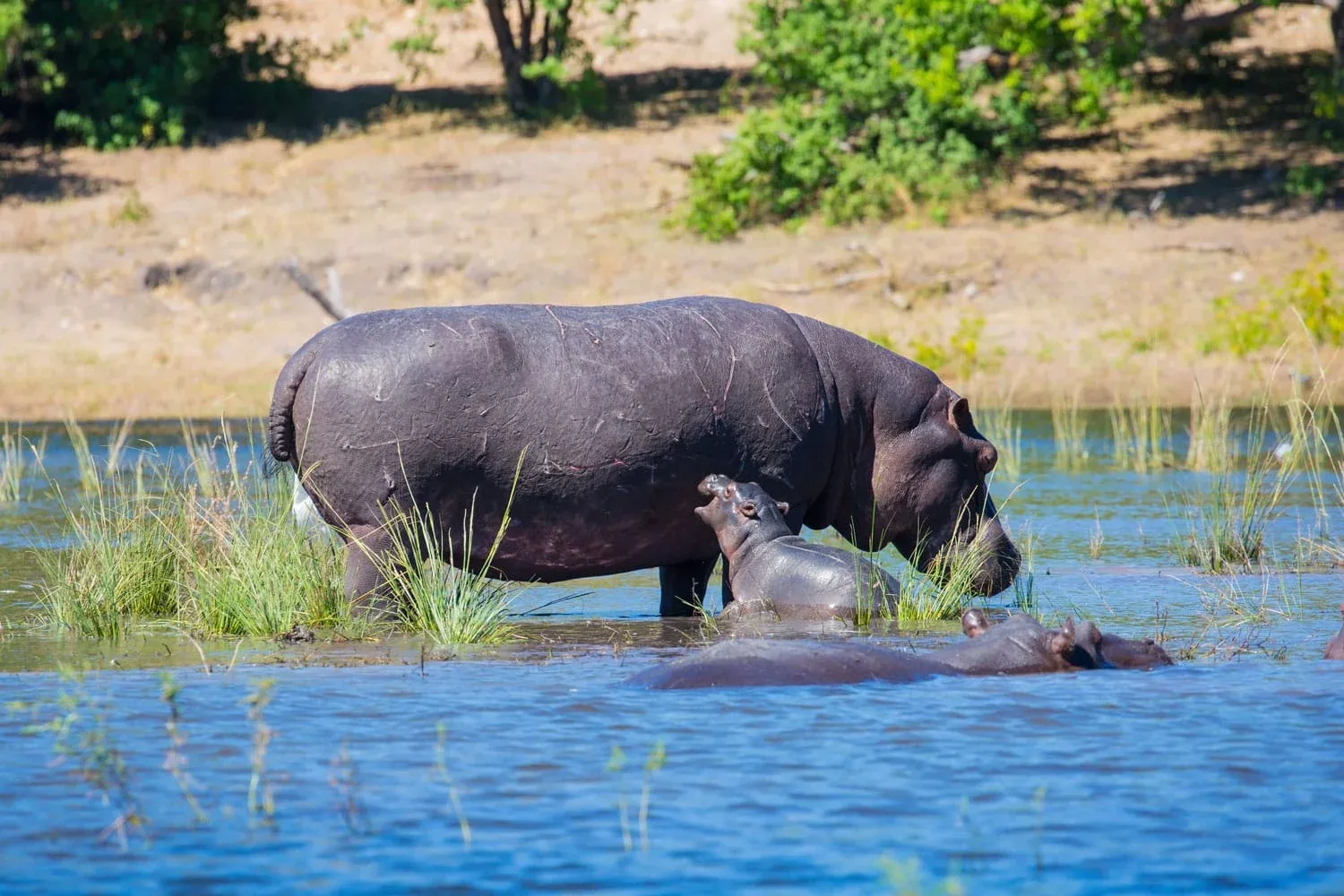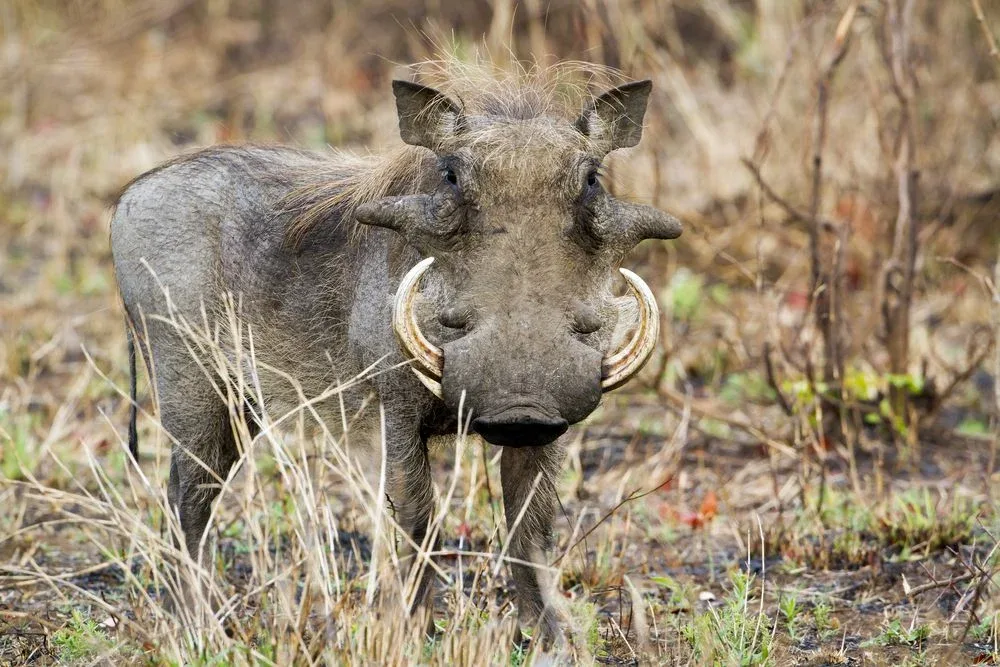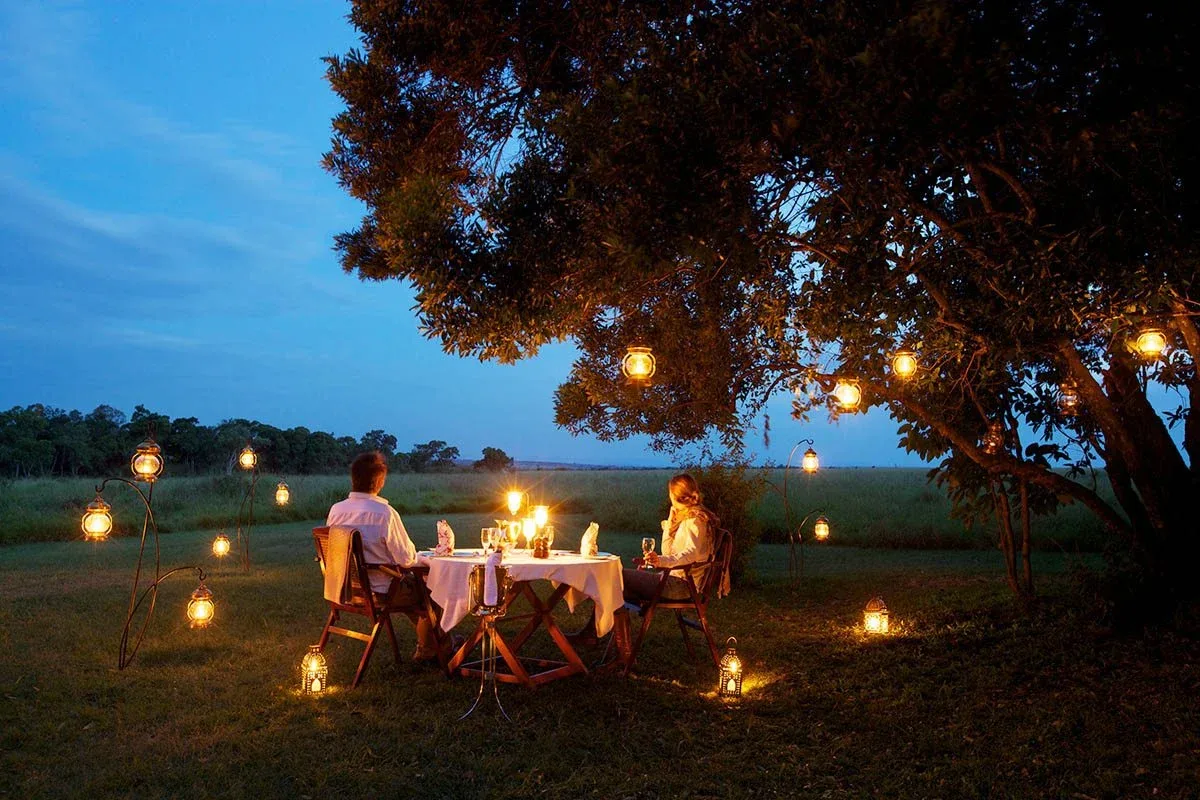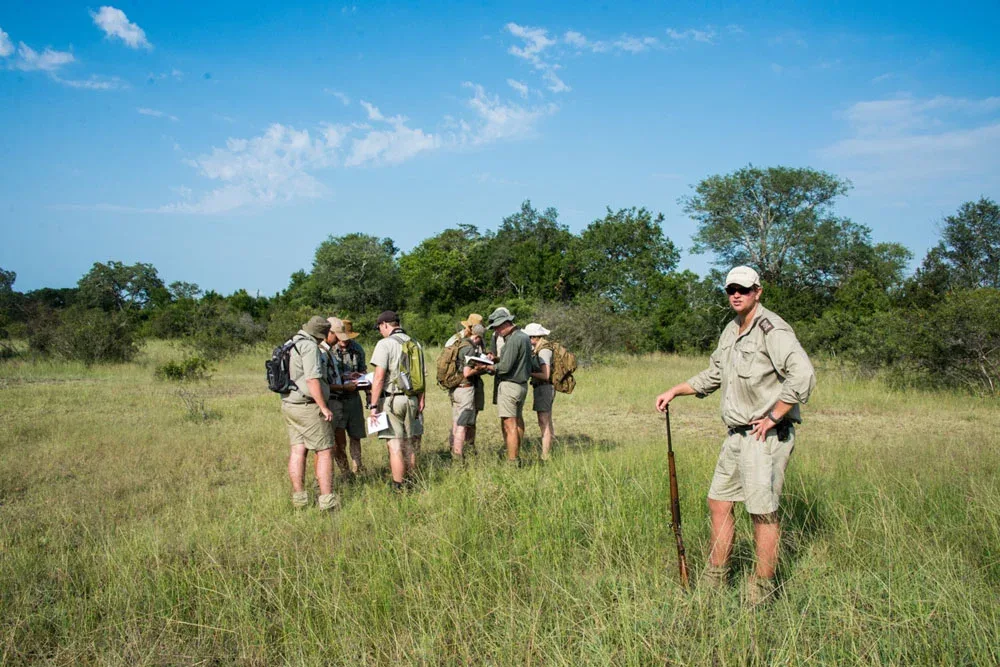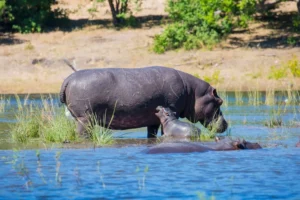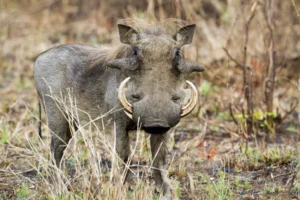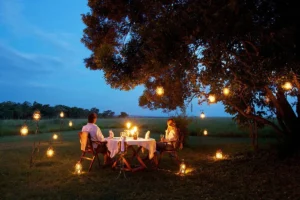Explore what makes great safari guides and their importance in enhancing your wildlife experience. Discover the qualities that define exceptional guides and how they enrich safaris with their expertise, knowledge of local flora and fauna, and passion for conservation
Safari guides are often the unsung heroes of a safari. They’re the people who can tell you where to look, where not to look, how much time each animal will take, and more. In this post, we’ll cover what makes excellent safari guides, why they’re essential, and some of the common questions travelers have about their experience with them.
Great Safari guides are the face of safari experiences.
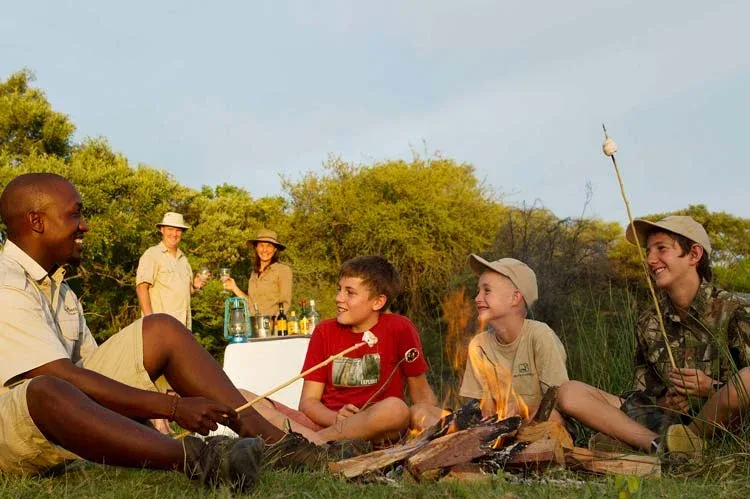
Safari guides are the face of safari experiences. They are the first and last people you meet on a safari, and they must make you feel comfortable and safe in their company. Safari guides also ensure everyone gets the most out of their safari experience.
You may have read that safari guides are the face of your safari experience. But what does this mean?
Well, if you’re planning on going on a trip and want to know what kind of experience you can expect, then it’s essential to make sure that your guide is someone who will help bring out the best in your trip. If they aren’t passionate about their job and care about ensuring everyone has a fantastic time at every turn of events, how can we expect them to provide memorable moments?
So how do we know if our guides are doing their jobs right? Here are some things to look out for.
Great Safari Guides Understand Location and movement are essential.
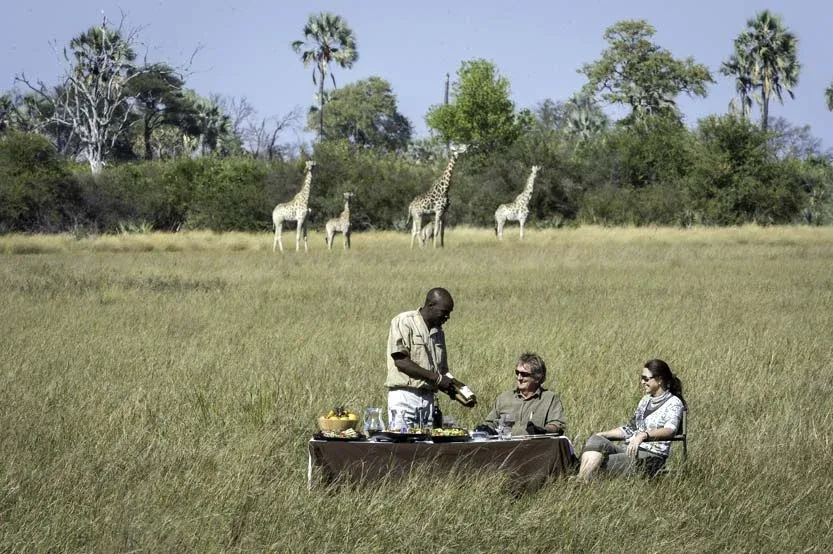
The best safari guides know how important location and movement are. This is the first thing they teach you, and it’s one of the most critical parts of being a good guide.
Location: The first thing that makes an excellent safari guide knows where to go to find animals. For example, if you’re looking for elephants or rhinos in your area, then having an idea where those places are would be helpful—you won’t waste time driving around aimlessly trying to find them! Also, if there’s no clear path from one place to another (like when traveling on foot), knowing which roads lead can make all the difference between arriving at your destination safely or not at all!
Movement: Movement also plays an essential role in finding animals, especially nocturnal ones like lions or spotted hyenas (both of which are more active during nightfall). Suppose these animal species don’t see anyone moving around near their habitat. In that case, they’ll likely stay away from humans altogether, meaning fewer encounters between people who work together as colleagues/employees/etcetera…
Great Safari Guides Are Great at Making Conversation
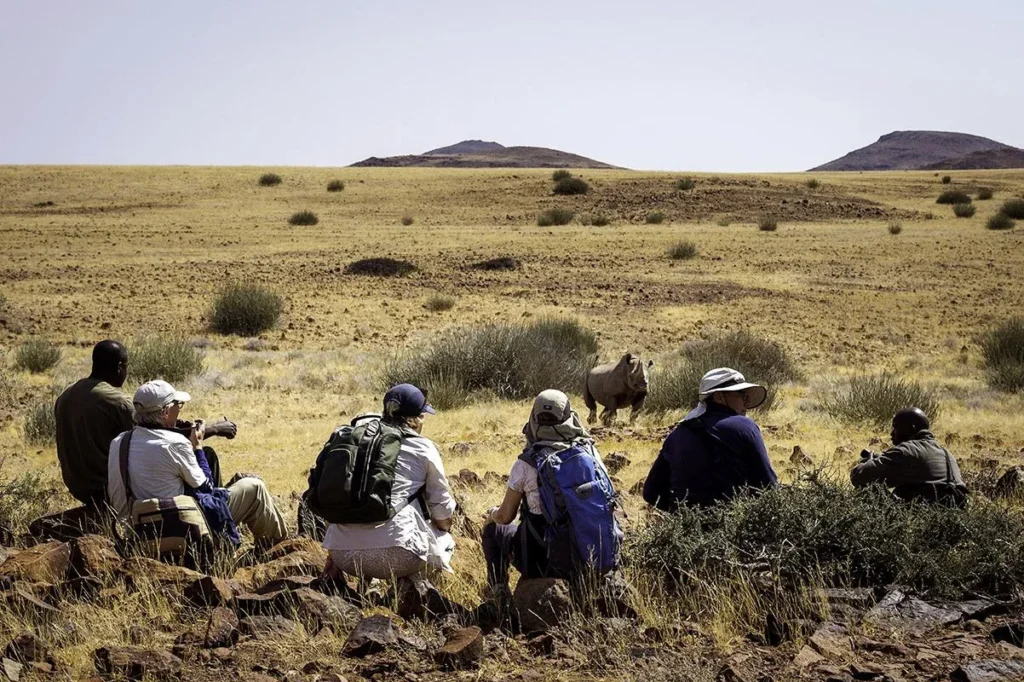
Emphasize the importance of good communication. An excellent guide can communicate with you and your group in a way that is easy to understand, and you must also do your part. If you don’t know what a particular animal looks like or how it behaves, ask for help from your guide! They’ll do everything they can to give you an accurate description so that everyone can enjoy their safari experience without any worries about whether or not they’re seeing what they think they see.
When communicating with other members of the safari team, remember that words are only one part of the equation: pictures are just as important when trying to get across complex ideas or concepts during an exciting game drive (or photo shoot!).
Great safari guides need to be able to exercise their bodies, not just their minds.

A good guide will be able to keep up with their clients. This means that they are in good shape, have the endurance and stamina needed for long hours on foot or horseback, and have a love of adventure that makes them want to do more than follow a trail.
If you’re going on an African safari, expect to spend a lot of time walking through hot weather and brushy terrain. You may also find yourself climbing steep hillsides (or down into swamps) as part of your trip!
An excellent guide should know how to take care not only of themselves but also those who depend on them for safety—including children and adults!
The best Safari guides are often not the youngest.

The best guides are often not the youngest. Usually, older guides have been around for a long time and have developed deep relationships with their clients.
An older guide is more likely to know what questions to ask when traveling through an unfamiliar place or culture since they’ve seen it all before! And having an experienced guide on your trip means you won’t have to worry about being lost—they can show you how things work in the area (like where people eat) and help explain local customs, so everyone feels welcome.
A great Safari Guide Must Be Compassionate
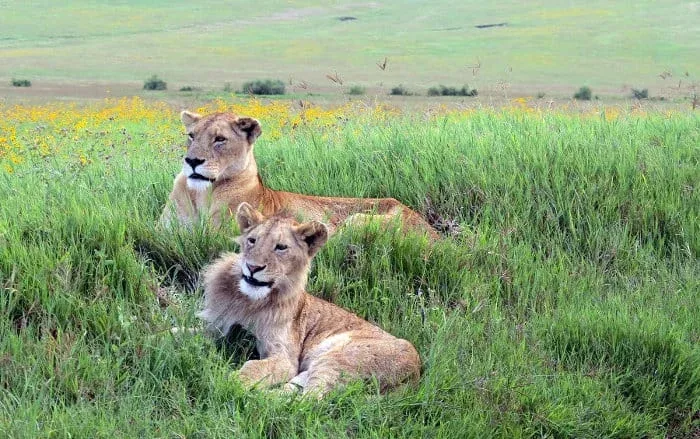
Compassion is a must-have skill for any safari guide. It allows you to understand your client’s needs and expectations, which in turn helps you to cater to those needs. If you don’t have compassion, it will be difficult for you to connect with your guests on an emotional level.
These are all the things you should look for in a guide and some of the reasons why guides are so essential on an African safari.
Conclusion
Overall, having a great safari guide is essential. They can be your eyes, ears, mouth, and legs. They’re the ones who know the best places to go in search of animals and birds as well as what not to miss on any given day. And if you don’t have one? That’s why we at Safari4Ever are here! We provide top-notch guides who will ensure that every moment of your safari journey will be filled with excitement because they know what makes a fantastic experience even better: a guide who can share it all with them!

